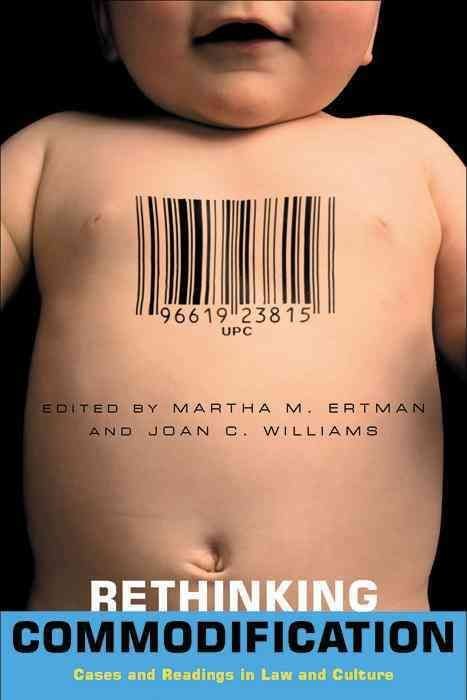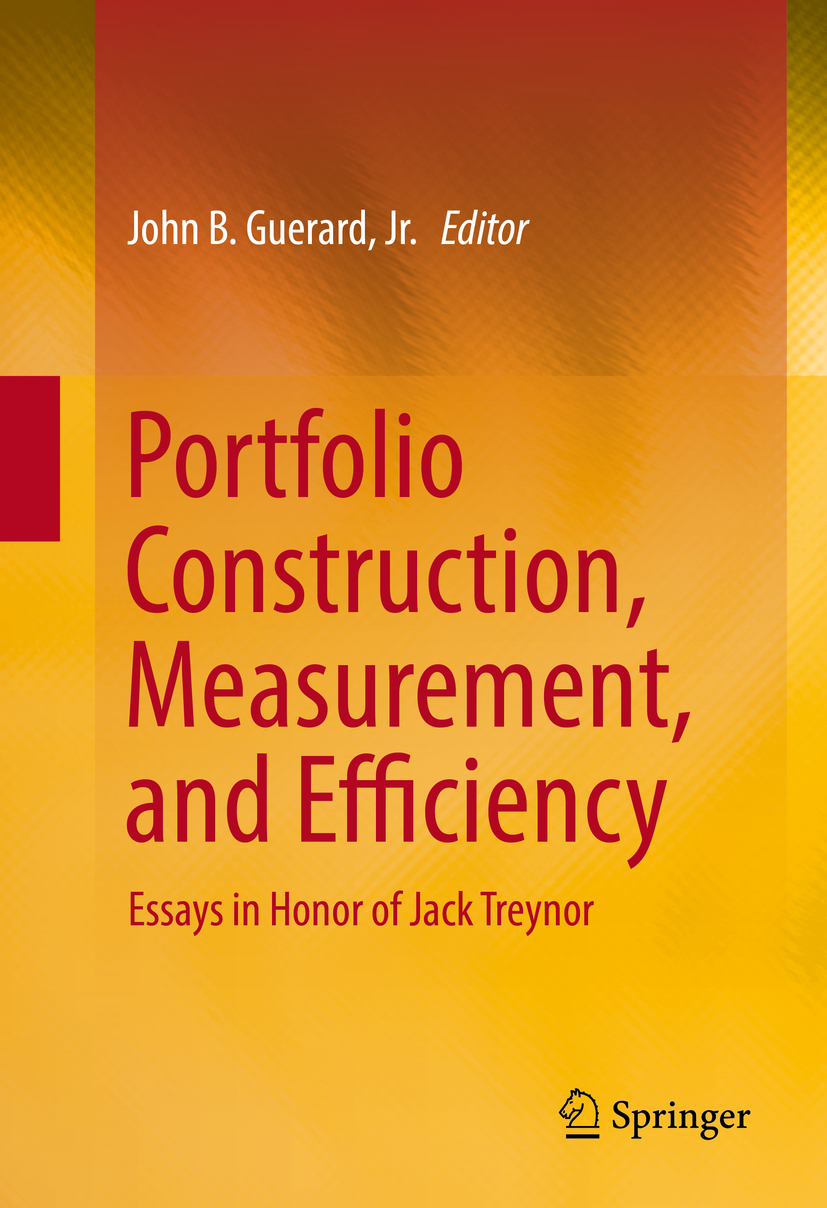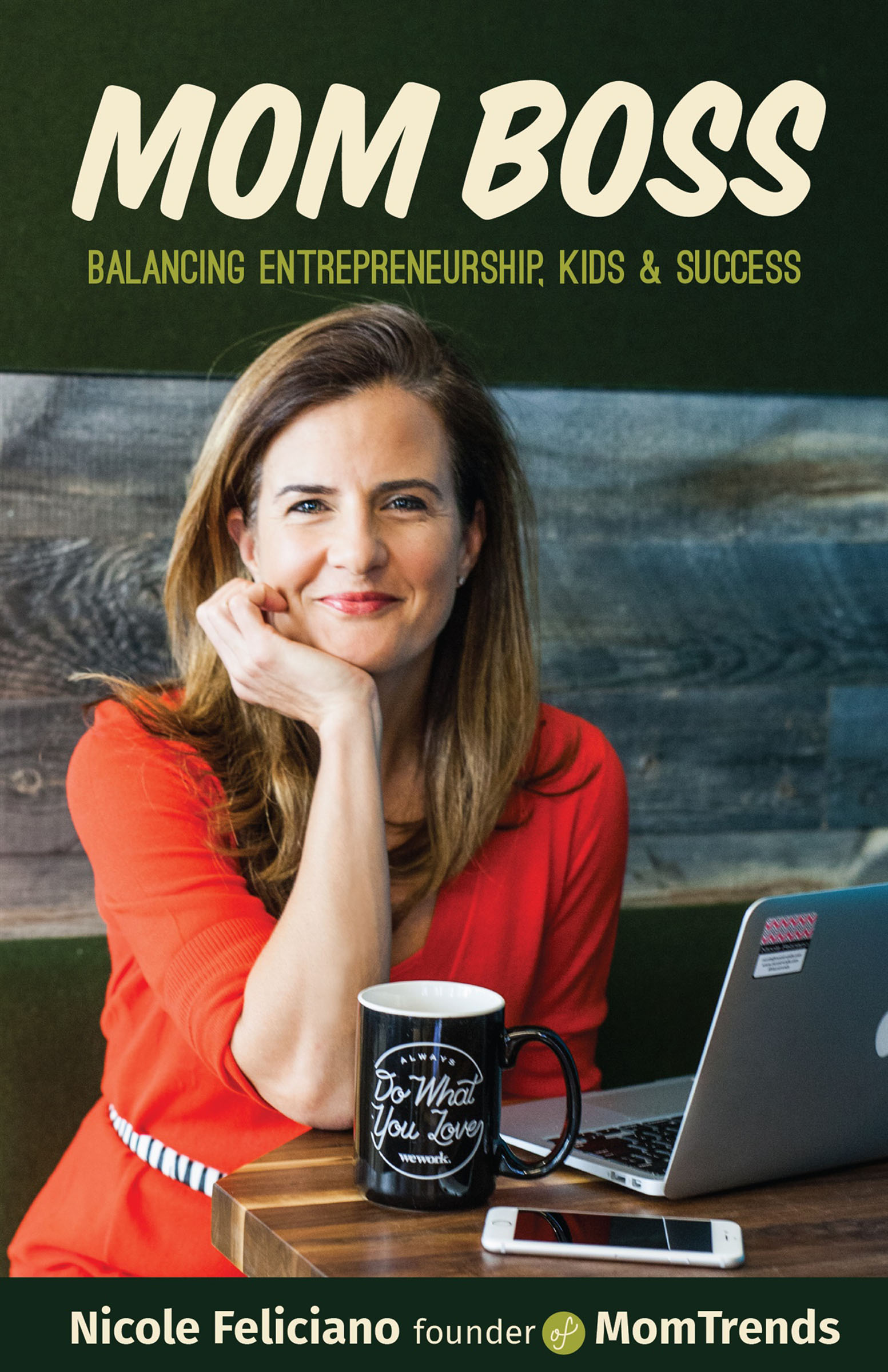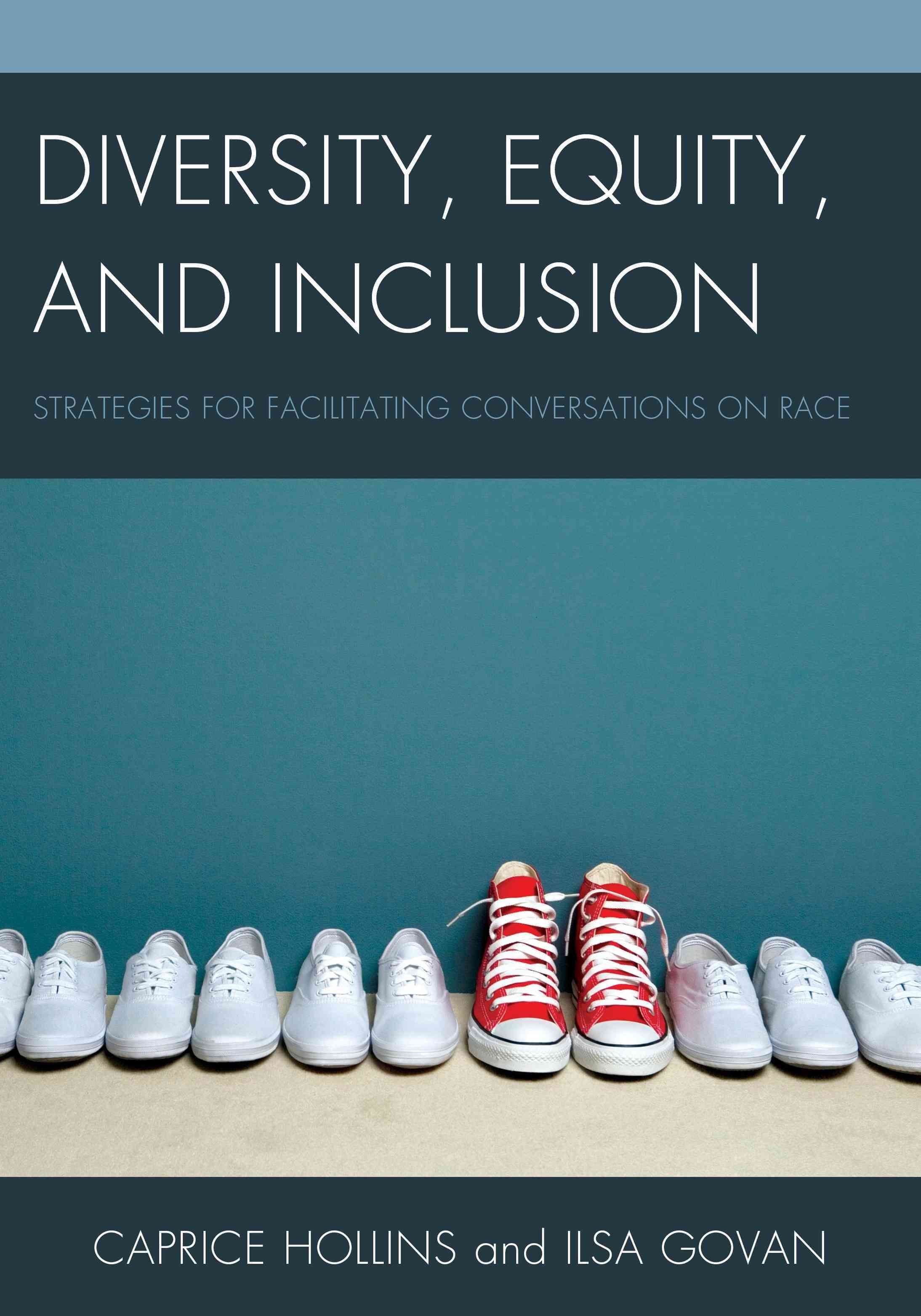The doctoral thesis investigates various strategies in the area of going and being international of retail firms which is of undisputable relevance due to the fairly narrow research status and the increasing internationalization of retail activities. Issues are investigated concerning the choice of retail market entry modes, i.e., the form of institutional arrangements that retailers use when entering foreign markets, the retail format transfer, i.e., the management of internal processes and the external marketing program elements and the coordination of retail activities, i.e., the implementation of the marketing program by the organizational structure. Regarding this, three important research questions are addressed:1) How do choose retailers their market entry mode in the area of conflict between full and shared-controlled modes and how is this decision influenced by the internal and external environment? 2) How can international retailers transfer their retail format successfully to foreign countries by standardizing or adapting the internal and external elements of their retail format? 3) How can retailers successfully coordinate the implementation of their retail marketing program to culturally diversified markets? These questions are investigated on the basis of established theories applied from the international management literature such as institutional theory, the resource-based view and the profit maximization theory. On the basis of comprehensive primary and secondary datasets, important implications are drawn for research and practice.












